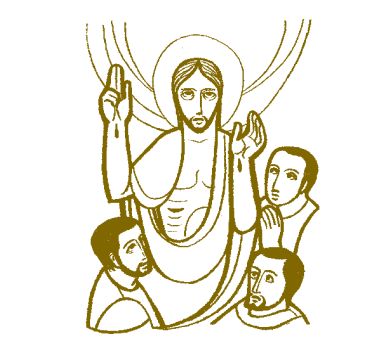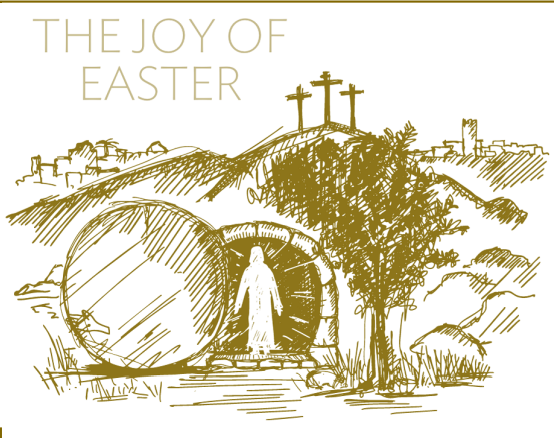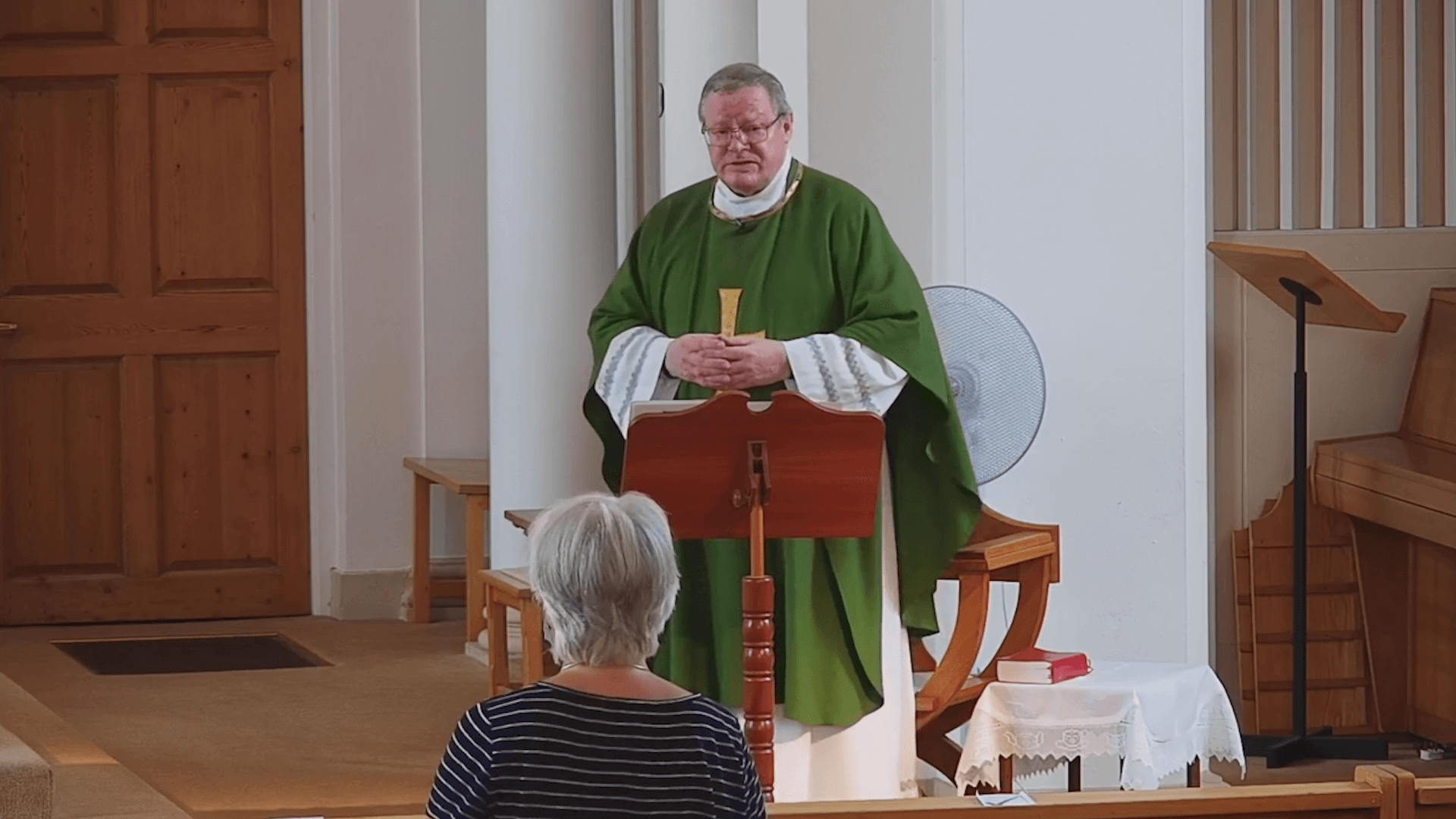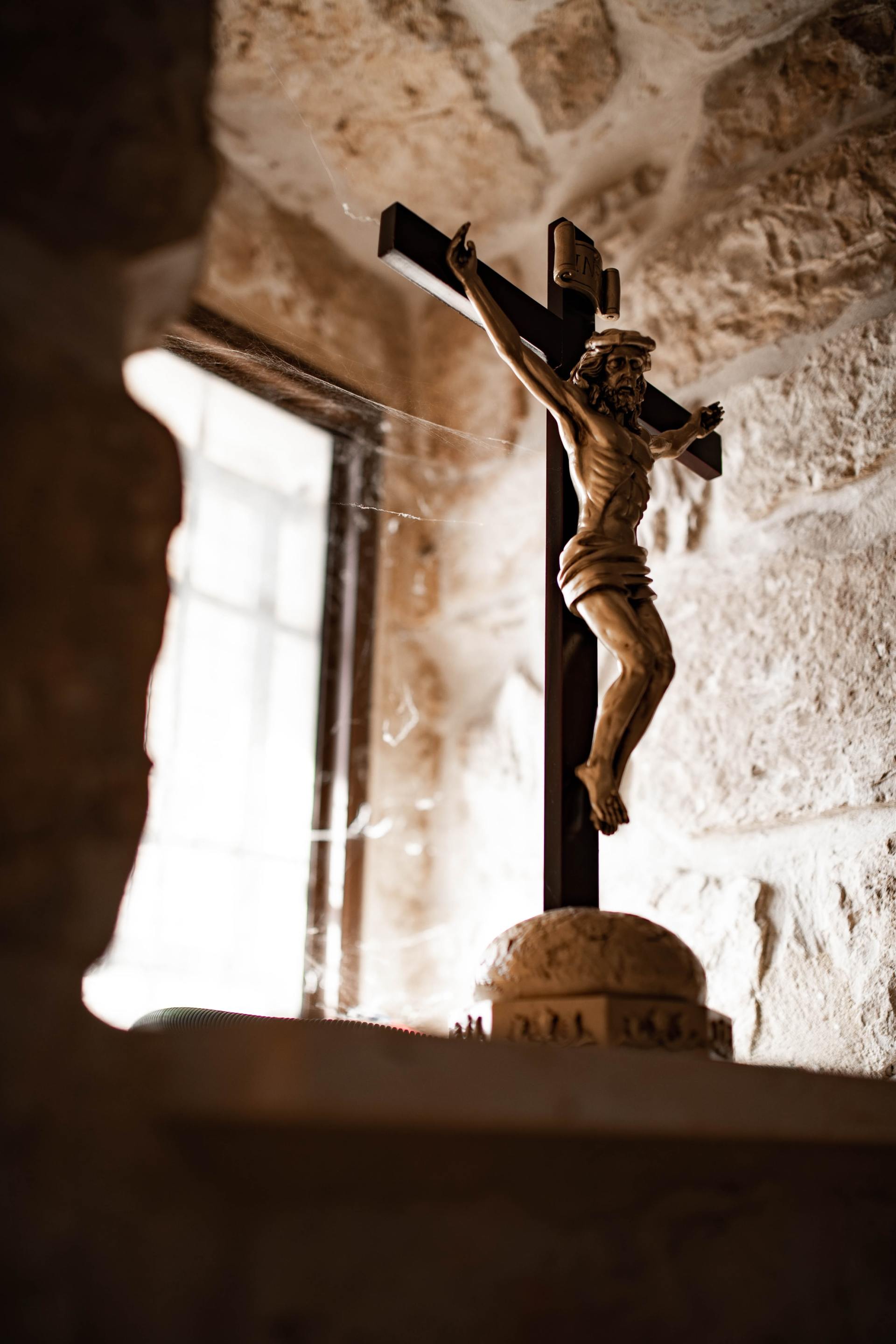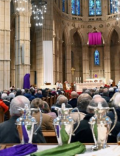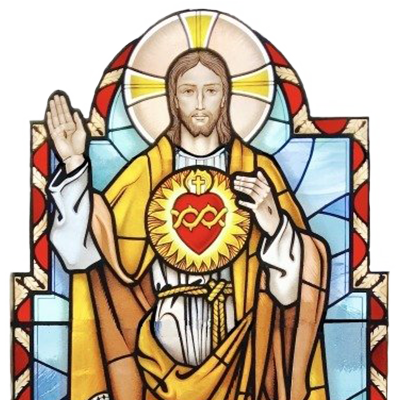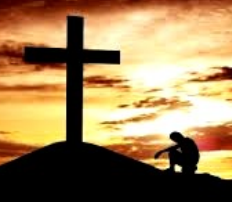Sunday 20th March 2022
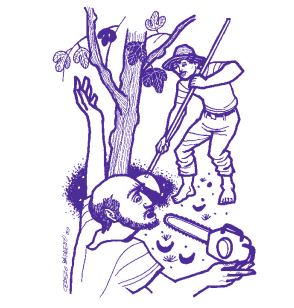
In this weekend’s gospel, the crowd reminds Jesus about the tragedy of what happened to a group of Galileans who had been standing at the altar worshipping God when they themselves became sacrificial offerings at the hands of Pilate’s henchmen. Although not historically recorded outside of the gospel, this incident would have been as politically explosive as those tragedies that are still too familiar in volatile and unreconciled parts of our world and in acts of indiscriminate terrorism. Jesus recognises the unspoken but implied question: Big sinners, big suffering? And answers with an explicit No. He himself raises the issue of eighteen people who were killed when the tower of Siloam accidentally collapsed on them. Neither of these incidents, says Jesus, is about God’s punishment of the victims’ sinfulness, although human nature is sometimes and mistakenly quick to make such a judgment. They show, rather, the fragility of our lives and the suddenness with which death can overwhelm us. We can be tempted to query, privately or publicly, the truth of our response to Psalm 103, “The Lord is kind and merciful,” but the laws of nature are not to be equated with the laws of morality. Jesus uses these events to make one point: what happened was sudden, with no time to avoid the catastrophes. But there is a much greater catastrophe on which the people need to focus: their unpreparedness for the merciful yet just judgment of God. So Jesus tells a parable about an unproductive fruit tree. A healthy fruit tree is interdependent, not self-sufficient; it takes nourishment from the soil in which it is planted and is further nourished by the work of the gardener who fertilises it. In turn, the tree gives back fruit.
In the judgment of the orchard owner, time has run out for the tree that had not borne fruit for three years, and it deserves to be cut down. It is all “take” from the soil that must also nourish the other trees, and no “give.” But the gardener begs his master to be patient and allow him another year of extra effort, digging around and fertilising the tree to see if it will bear some fruit. If it still does not, then it can be cut down. By choosing this reading for Lent, the Church suggests that the loving patience of our God is giving us another chance to do some seasonal gardening on ourselves: to loosen the soil around our personal and communal earthbound roots with the tools prayer, fasting, and almsgiving; to fertilise our lives with the rich Lenten liturgy of word and sacrament; and to strengthen, not weaken, one another by mutual care and kindness.
The tree is a fig, a sturdy tree. Unlike some of our indoor plants, fig trees do not droop and die overnight. It takes a long drought, continuous and insidious gnawing at the roots, or protracted neglect to make a fig tree barren. And what about us? What has gradually dried up and withered our Christian lives? Are there small infidelities gnawing away at the roots of our baptismal commitment? Are we failing to cultivate or prune our discipleship so that the sap of the Christ-life may continue to rise within us? Like the Galileans and the victims of the Siloam collapse, we can never be sure how many “nest years” lie ahead of us. “Today,” this Lent, is the important time of conversion.
